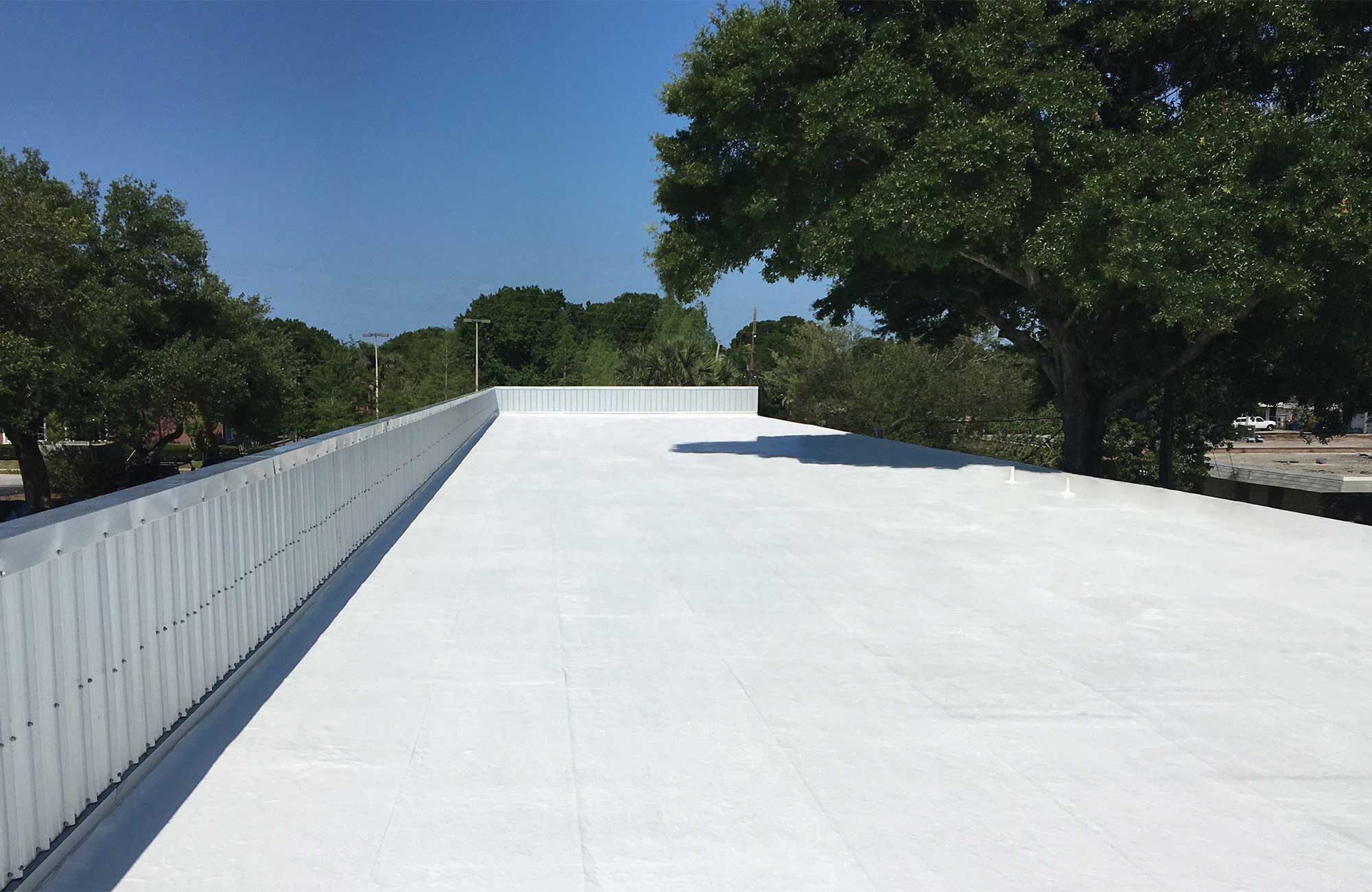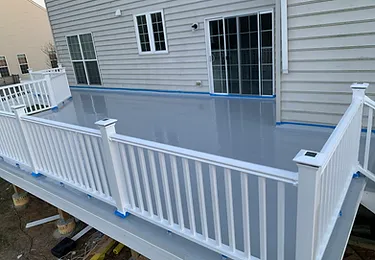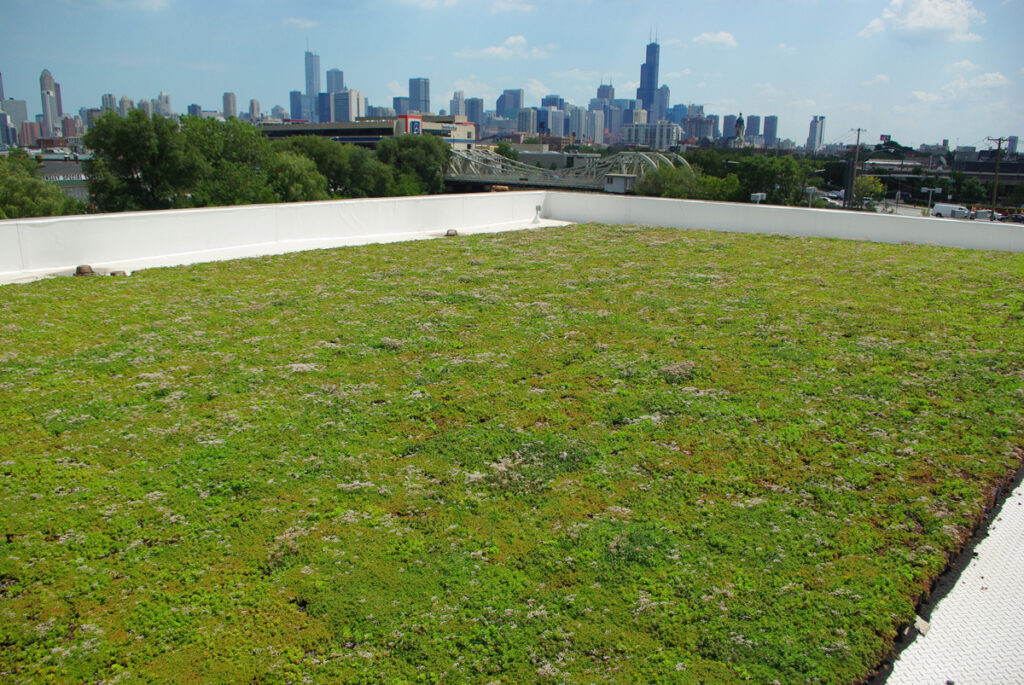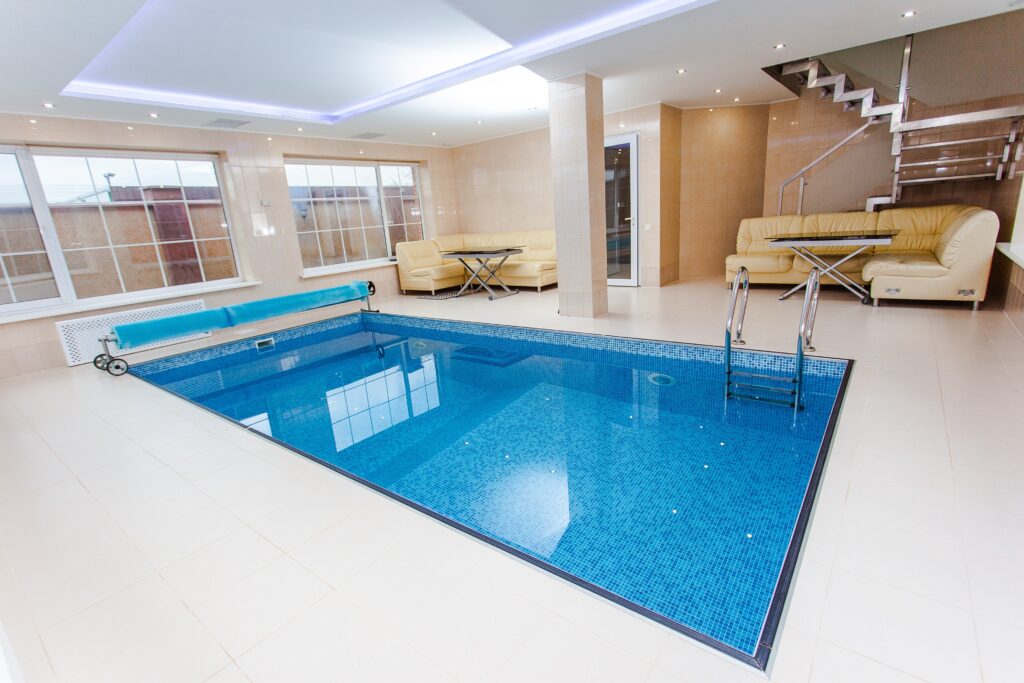About Us
Advanced Roofing Technologies, your dependable partner for durable, efficient, and affordable flat roofing solutions. Protecting your home, one roof at a time.
Instant Quote Instant QuoteContact Info
- 950 W Venango Street
Philadelphia PA 19140 - 267-277-2124
- [email protected]
- Week Days: 09.00 to 18.00
Sunday: Closed
Waterproofing Services
- Services
- Waterproofing Services

At Advanced Roofing Technologies, our commitment to excellence in the roofing industry is unwavering. With a steadfast dedication to providing top-tier solutions, we ensure that every project is characterized by quality, durability, and innovation. By leveraging the most advanced materials available, we guarantee that our roofing services stand up to the test of time and varying conditions.
We use LOTUS high performance liquid roofing membrane, which is a type of roofing material that is applied as a liquid and cures to form a seamless, protective layer over the roof surface. It is commonly used for waterproofing and protecting flat or low-slope residential and commercial roofs.
Liquid roofing membranes are typically composed of a liquid polymer, such as acrylic or silicone, combined with various additives and reinforcements. These materials are designed to provide excellent adhesion, flexibility, and weather resistance. As the liquid cures, it forms a seamless and durable membrane that adheres tightly to the roof substrate.
Advantages of Liquid Membrane
Liquid roofing membranes provide a versatile and effective option for waterproofing and protecting flat or low-slope roofs and offer several advantages.
They can be applied to various types of roofing substrates, including concrete, metal, bitumen, and single-ply membranes. They provide excellent waterproofing properties, effectively sealing the roof surface and protecting against water infiltration and leaks.
Liquid roofing membranes are also highly flexible and can accommodate the movement and thermal expansion of the roof without cracking or peeling. They are also resistant to UV radiation, weathering, and chemicals, ensuring long-lasting performance and durability.
Liquid roofing membranes are often used for roof repair, restoration, or new installations. They can extend the lifespan of the roof by providing an additional layer of protection against the elements, and they offer a cost-effective solution compared to traditional roofing materials.
Where is Liquid Waterproofing Membranes Used?
Liquid waterproofing membranes are used in various applications where a seamless, protective barrier is required to prevent water infiltration. Some common areas where liquid waterproofing membranes are used include:

Low-Slope and Flat Roofs: Liquid membranes are commonly applied to low-slope and flat roofs, including those on commercial buildings, residential complexes, and industrial structures. They provide a seamless waterproofing layer that protects the roof surface from water damage.
Decks, Balconies and Terraces: Liquid membranes are applied to decks, balconies, terraces, and other outdoor elevated spaces to prevent water penetration and protect the underlying structure. They ensure a waterproof barrier that can withstand weathering and foot traffic.


Foundations and Basements: Liquid waterproofing membranes are used to seal and protect below-grade areas, such as foundation walls and basement floors. They create a barrier against moisture infiltration, preventing water seepage and potential damage to the foundation.
Parking Decks: Liquid membranes are applied to parking decks to provide a durable and waterproof surface that protects the underlying structure from water and chemical damage. They help extend the lifespan of parking structures and minimize maintenance needs.


Green Roofs: Liquid waterproofing membranes are used in green roof systems to ensure proper waterproofing and prevent water leakage. They create a seamless barrier that protects the underlying structure while allowing for the installation of vegetation and drainage systems.
Wet Areas: Liquid membranes are used in both internal and external wet areas such as pools, bathrooms, showers, and kitchens to provide a waterproof barrier that protects the surrounding structures from water damage. They ensure a durable and watertight surface in areas prone to moisture exposure.


Planters and Garden Beds: Liquid membranes can be applied to planters and garden beds to create a waterproof barrier, preventing water from seeping into the surrounding structures or soil. This helps maintain the integrity of the planter and prevents water damage.

